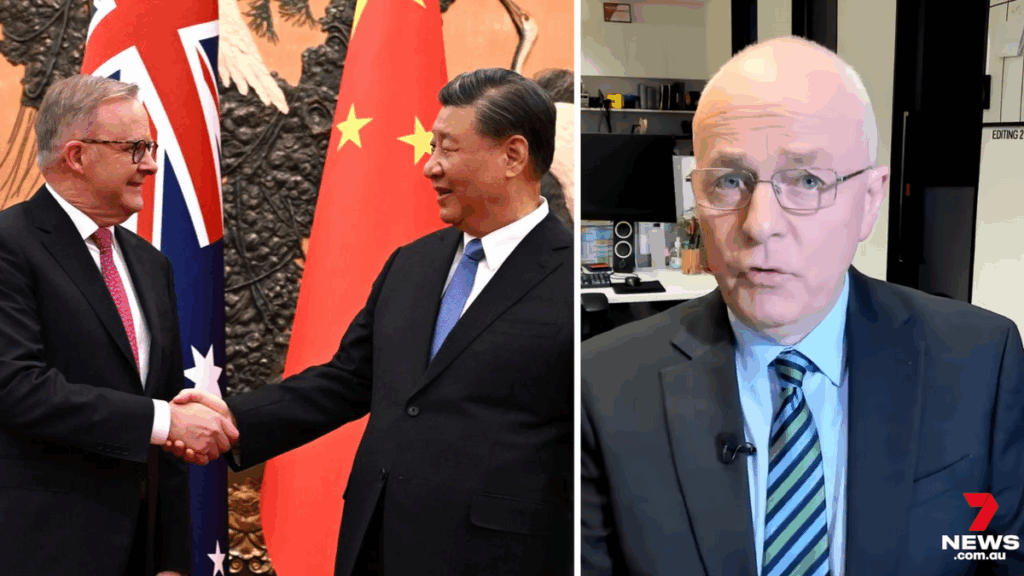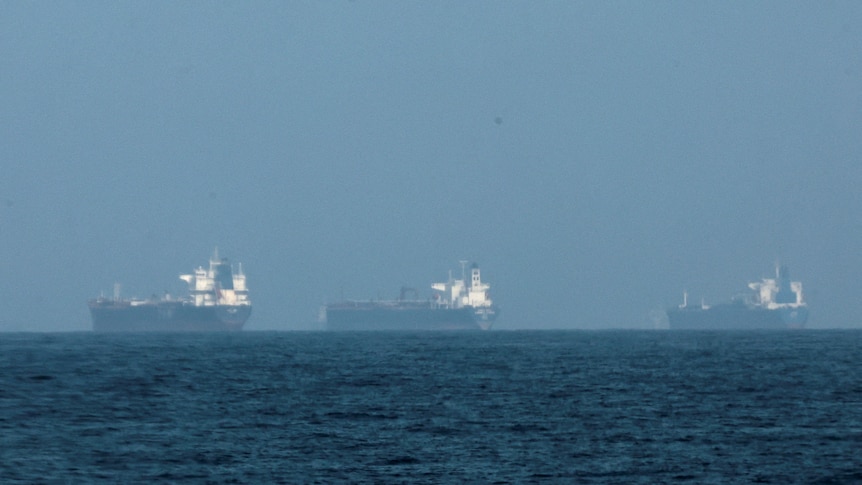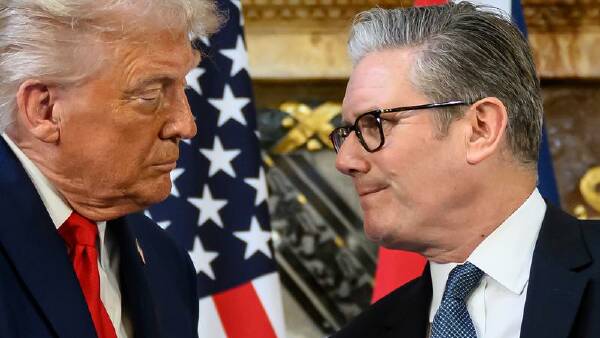
Prime Minister Anthony Albanese is set to engage in important talks with China’s President Xi Jinping this week, a meeting that may significantly impact Australia-China relations. Geoff Raby, who served as Australia’s Ambassador in Beijing, emphasizes the critical nature of this engagement, noting the substantial growth in bilateral trade, which has nearly tripled over the last decade and now heavily relies on $100 billion in annual iron ore exports.
Raby’s insights stem from decades of experience in diplomatic relations with China. He highlights that, for Australia, maintaining a robust economic relationship with China is vital. Albanese himself acknowledged that China represents a larger share of Australia’s trade than the next three partners combined. “The relationship with China means jobs in Australia. It’s as simple as that,” he stated prior to his departure from Sydney.
The backdrop to these discussions is complex. While Australia’s economic ties with China are critical, there exists tension due to Australia’s long-standing security alliance with the United States, which views China as a military rival. Raby asserts that the prevailing narrative of China as a significant military threat is misleading. He argues that China prioritizes its own stability and economic performance over expansionist military agendas.
“China is a constrained superpower,” Raby explains, noting its land borders with 14 countries and various territorial disputes. These factors necessitate that Australia approaches its relationship with China carefully and strategically.
Raby critiques Australia’s recent security policy, particularly the AUKUS pact with the United States and the United Kingdom, which he describes as a “foreign policy failure.” He argues that AUKUS undermines Australia’s decades-long effort to integrate into the Asian region and could divert focus from essential regional relationships.
As Prime Minister Albanese heads to Beijing, he faces significant questions regarding Australia’s defence posture. The Pentagon is currently reevaluating the AUKUS agreement in light of shifting political landscapes in the United States, particularly under the Trump Administration. Concerns about whether the United States will uphold its commitments to Australia’s defence are growing among analysts.
Raby advocates for an independent foreign policy that emphasizes regional partnerships rather than heavy reliance on AUKUS allies. He suggests that strengthening ties with neighboring countries may offer Australia a more balanced approach to its security and diplomatic engagements.
During the upcoming meeting, Raby advises Albanese to address pressing issues, such as human rights and the status of imprisoned Australians in China. Establishing a clear understanding with President Xi regarding the future of the economic relationship will be crucial.
The personal dynamics between Albanese and Xi could also play a pivotal role in the meeting’s outcome. This will mark the fourth leaders’ meeting between the two, and a positive rapport could enhance the effectiveness of their discussions. In contrast, the Prime Minister has yet to secure a meeting with the United States President, potentially influencing the optics of his engagement with Xi.
As the world watches, Albanese’s discussions with Xi Jinping may not only shape the future of Australia-China relations but also reflect broader geopolitical trends in an increasingly complex international landscape.






